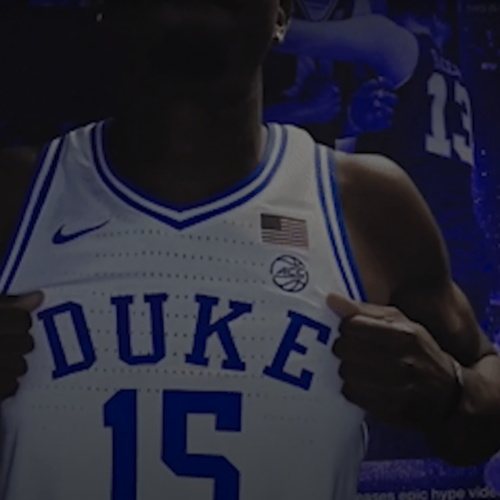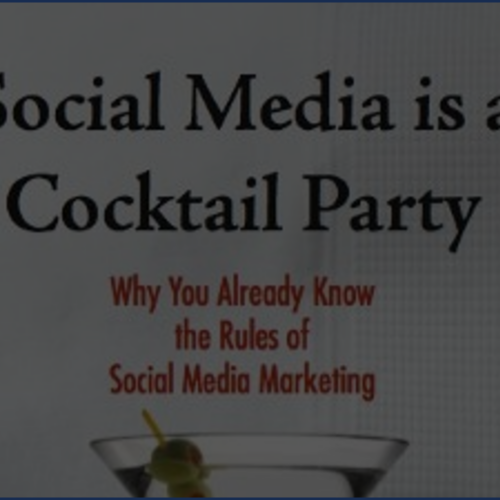
16 Oct 11 Criteria for Comparing Influencer Marketing Proposals
You’re looking for help with an influencer marketing campaign, so you’ve decided to outsource the program to a company that does it all the time. This can be a very smart move. Of course, doing your due diligence, you got more than one proposal. They both seem great, so how do you compare influencer marketing proposals to ensure you get the best fit?

There are 11 criteria we we suggest using when you evaluate influencer marketing proposals, including three (3) that are less important than you might think. Let’s start with the less important ones, as people often get tripped up there.
Three Criteria That Are Less Important Than You Think
When comparing multiple influencer marketing proposals, these criteria seem important, but may not be. We’ll explain.
LESS IMPORTANT 1: How many influencers will each program provide?
The more influencers, the better, right? Actually companies that propose an unusually large number of influencers are likely counting on the influencers’ organic reach to do all the work of the campaign. With organic reach being diminished severely since December of 2013 (and more so recently), organic reach is only a starting point for strategic influencer programs today.
LESS IMPORTANT 2: What is the maximum potential reach of the campaign?
Big numbers are soooo intoxicating, but max potential reach can be deceptive. To clarify, max potential reach calculates that an influencer with 1,000 followers on a given platform will reach all 1,000 of them with each social share. While platforms vary widely (with Twitter true reach at roughly 3.5% and Instagram much more solidly in double digits) and individual influencers also seeing different performance, true reach can be tough to calculate. But do not rely on max potential reach to determine which proposal is best. You can safely discount it by about 90% to get a rough estimate.
LESS IMPORTANT 3: Do the influencers look like they fit my brand?
Matching influencers to your brand is important, but much more important is if the influencer’s audience fits your brands. If you’re not getting data on the influencer’s audience, it will be hard to know you’re reaching the right people.
Eight Criteria that Really Matter When Evaluating Influencer Marketing Proposals
And now, the eight important criteria you should rely on as you compare influencer marketing proposals.
IMPORTANT 1: How does the company select influencers?
As I alluded to earlier, how the influencer matches your brand is only one of three criteria a company should take when selecting influencers for you. We call it the “A, B, Cs of Influencer Selection.” The right influencer will have an Audience that matches your target. They themselves will fit your Brand, of course. And finally, the Content they produce will be the right fit for this particular program and your business objectives.
In addition, however, it’s important how the influencers are hired. Many platforms post jobs to a wide array of influencers, offering jobs to those who bid on the job. Are any of the companies you’re considering doing that, or are they hand selecting the influencers for you? Also, are they hand vetting them, meaning spending time looking at the sponsored and unsponsored content of every influencer?
IMPORTANT 2: What are the estimated true views of the influencer content?
Above, in “Less Important 2,” we explained how max potential reach is not a great way to compare proposals. Many companies can offer detailed estimates of true views backed by actual performance data in the campaign for many platforms and clear estimates on those platforms where it is necessary. But either way, they should be transparent about how they are calculating those results.
Let’s assume that both of your proposals are using max potential and they say, accurately, “Nailing down true views is difficult, so we provided an estimate.” That’s fair, but ask them their assumptions for calculations of true views. And then use the same calculations for organic reach across proposals. That will help you get much closer to apples to apples than relying on two different methodologies.
IMPORTANT 3: What is the methodology for evaluating high performing content?
Not every piece of influencer content is going to be a home run. But in our experience running over 150 such campaigns in the last couple of years, some of the content is going to do really well relative to the rest of it. Does the company have a system to measure the highest performing content in real time?
IMPORTANT 4: What is the methodology for boosting high performing content?
Once an influencer marketing company knows that a subset of content is going really well, what is the methodology for maximizing the value of that content? Do they have a way to get that content in front of the right audience?
IMPORTANT 5: How does the company measure the performance of each influencer after the campaign?
Just as not every piece of influencer content is going to be a high performing, not every influencer is going to contribute equally to the success of the campaign. How do the companies you’re considering measure the performance of each influencer in the campaign and how is that reported back to you?
IMPORTANT 6: What rights do you as a brand have to the content on an ongoing basis?
All of the content being produced by the influencers can have real value, but only if you have the rights to use it. Does each company secure unlimited rights for your brand to re-use the content and, if so, are those rights perpetual? If not, the brand will have to remember to take the content down after a given period of time.
IMPORTANT 7: How is the program optimized based on results in the middle of the campaign?
Many influencer marketing programs involve briefing influencers, having them post and then, perhaps, tracking engagements or link clicks. Advanced influencer programs are optimized throughout the campaign based on actual performance. Carusele programs, for example, are optimized throughout for either reach, engagements, traffic or sales, depending on the strategy.
IMPORTANT 8: Can the company guarantee results and, if so, which results?
Finally, if you’re investing significant dollars, how will it be measured and can the influencer marketing company guarantee results? While marketing firms typically can’t guarantee specific levels of sales (wouldn’t that be great), ask your contenders if they can guarantee specific amounts of reach (not max potential), engagements or web traffic. If they do, what’s the remedy for programs that fall short?
Summary
These 11 criteria will help you pick the influencer marketing proposal that best fits your brand when you have multiple proposals from influencer marketing companies.






